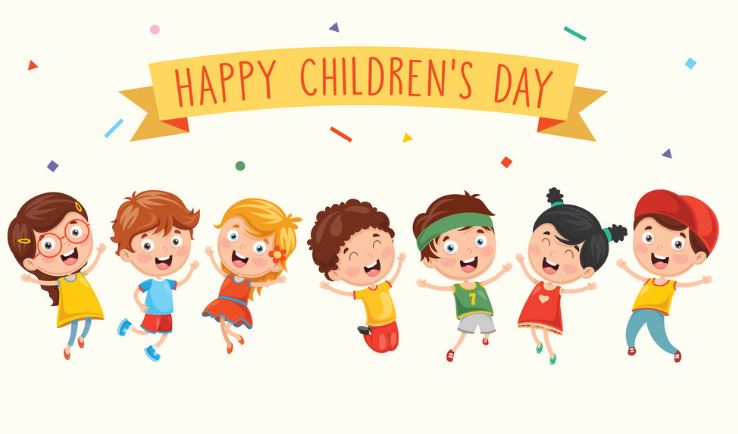Divorce affects the emotional growth of children and directly affects their development. How bad the situation will be, depends on the children’s age. Also, the other factors are how the child is connected with parents, is it possible to choose one parent to live with, are the parents saying bad things for their ex-partner.
All this can just make the thing going down in the row, because most of the children love their parents equally, even if they spend more time with mothers. I made a little research about it and would like to share it with you. Spend some time with us to read it. Thanks.

0 months to 2 ages
In this period, the baby is growing so it needs love from both parents. I read somewhere that we don’t remember what’s happening in the period before 2, so the list of reactions in this period is shorter than the list of reactions of children older than 2. Here are the possible reactions:
- problems with sleeping, eating, toilet training
- delays in development or temporary setbacks from milestones already reached, clinginess or difficulty in separating from one of the parents, or withdrawal from social interaction
- crying, irritability, tantrums
3 to 5 years
Children’s reactions to children between 3 to 5 years are more on the list below. Now children understand everyhting, is going into kindergarten and wants to h\live with both parents.
- fear of being abandoned by one or both parents
- clingy, emotionally needy behavior or withdrawal
- increased anger, crying, tantrums, whining
- physical complaints (headaches, stomach aches)
- deny going to kindergarten
6 to 8 years
As you can see, as children are growing the lists of reactions are longer and they can’t accept this situation. Here are the reactions to the divorce of parents of preschoolers.
- sadness, crying, grief, denial, withdrawing
- anxiety and aggression
- headaches and stomach aches
- tantrums or acting out
- difficulty playing and having fun
- regression (for example, a return to earlier sleeping or eating behavior)
- physical complaints
- fear of losing an absent parent
- feeling loyalty conflicts
After reading all these reactions, if you are ever fed up with your marriage and partner, calm down and think about it. Divorce isn’t a solution to your problems but your problems will increase.
At the end of the post, thanks a lot for your time!








